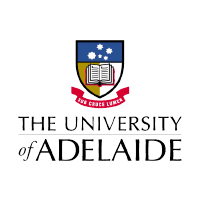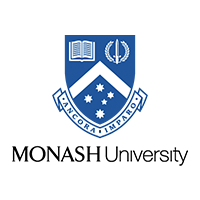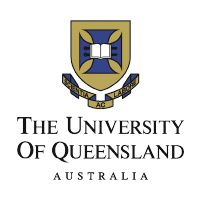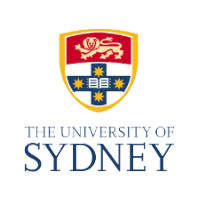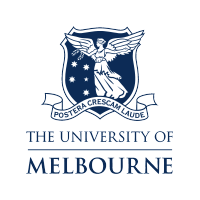Graduate Diploma
The Graduate Diploma consists of 8 units of study. The BCA program was designed to be done part-time. At two units per semester, the Graduate Diploma can be completed in two years.
Compulsory units for the Graduate Diploma include: Epidemiology, Mathematical Foundations for Biostatistics, Data Management and Statistical Computing, Principles of Statistical Inference, Regression Modelling for Biostatistics 1 and Regression Modelling for Biostatistics 2. Some students may substitute electives for units of study such as Epidemiology, Mathematical Foundations for Biostatistics, or Principles of Statistical Inference, if they have equivalent prior study.
Students enrolled in the Graduate Diploma program can complete one elective unit from outside of the pool of BCA electives. These electives can be chosen from the list of endorsed courses/programs at their home university.
The Biostatistics Research/Practical Project/Thesis (WPP) is not a requirement.
On completion of the Graduate Diploma, graduates will have attained the required skills for employment as a biostatistician.
Course Objectives
On completion of this course, students will:
- Demonstrate a broad understanding of the mathematical background, theory and application of the principles of epidemiology, clinical trials, and biostatistical methods in health and medical research
- Recognise and elucidate the type of substantive research question (descriptive, predictive, or causal), and develop and implement appropriate statistical analyses to answer them
- Apply skills in data management and analysis, including reproducibility and transparency of approach
- Interpret and present statistical results in a format suitable for publication in health-related journals or professional reports
- Demonstrate practical and technical skills to commence professional careers as a biostatistician and/or to progress to further postgraduate research studies
